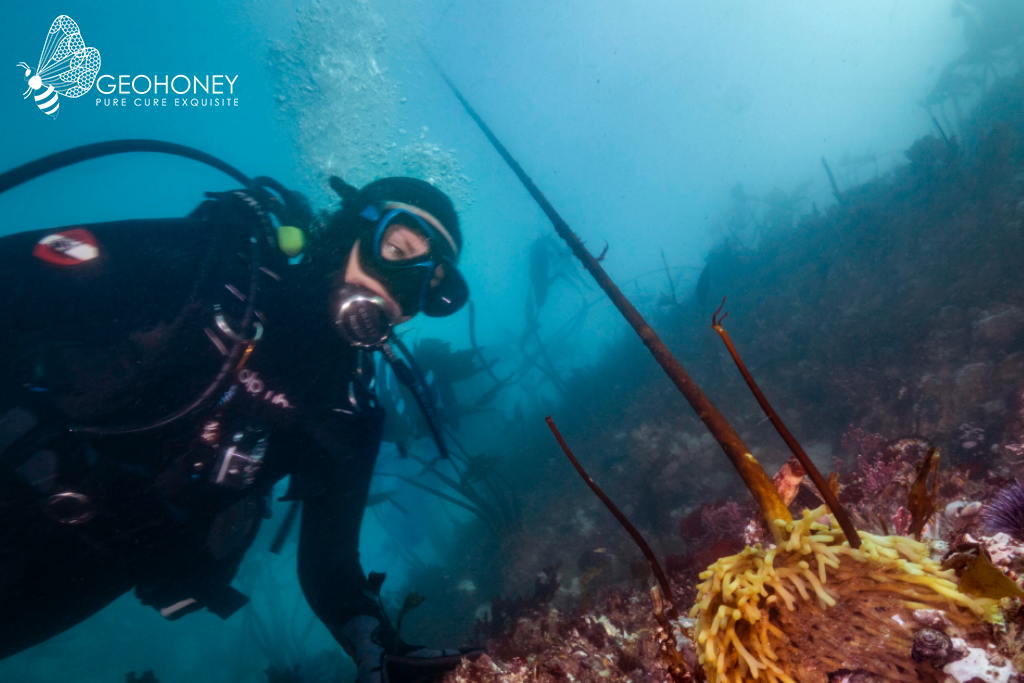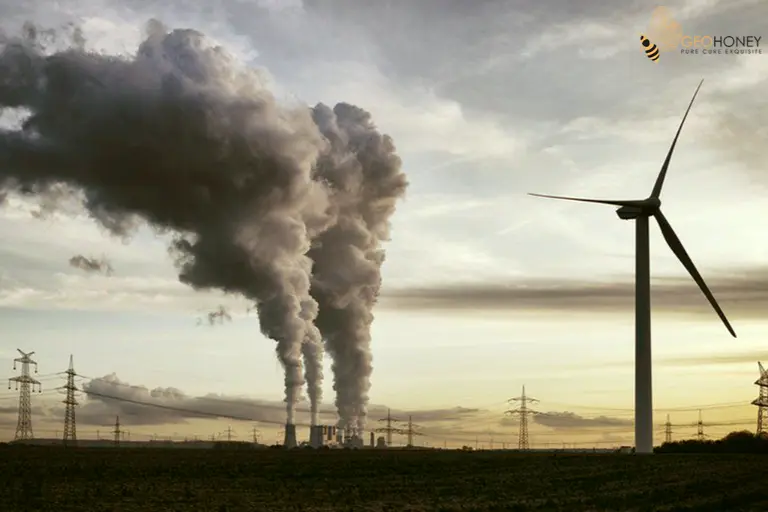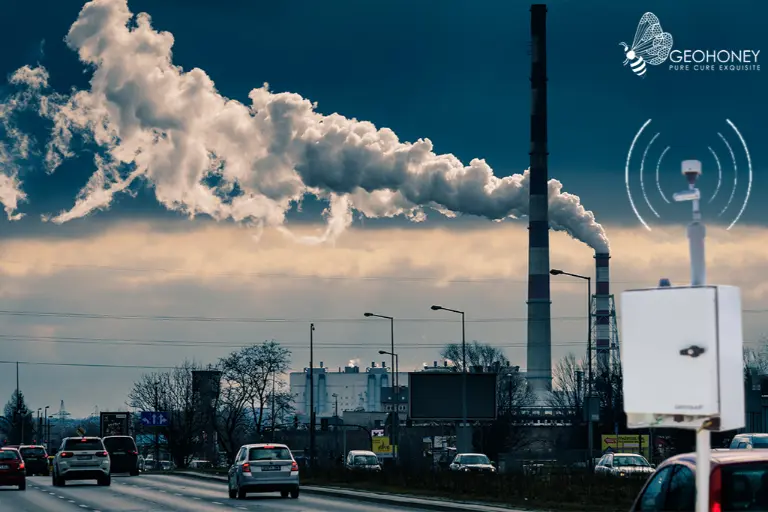- Tokyo: 12:55
- Singapore: 11:55
- Dubai: 07:55
- London: 03:55
- New York: 22:55
Scientists Seek Help Planting One Million Hectares of Kelp Forests by 2040

Marine ecologists from the University of New South Wales (UNSW) in Sydney are urging the public to participate in a global challenge to restore a million hectares of lost underwater kelp forest by 2040. The Kelp Forest Challenge aims to protect and restore the underwater forests which have suffered a decline, with up to 95% of their canopy disappearing in places like Tasmania and California, due to climate change and pollution. In addition to the target area, the grassroots movement also aims to protect an additional three million hectares of existing kelp forests in the same timeframe.
Kelp forests are one of the most unique and productive ecosystems on earth, living in shallow waters off a third of the world's coastlines and are incredible hubs of biodiversity. While similar habitats like coral reefs often get more attention, kelp forests have been largely neglected in terms of protection and restoration. Dr. Aaron Eger, Founder/Program Director of the Kelp Forest Alliance (KFA) and a marine ecologist from the School of Biological, Earth & Environmental Science, UNSW Science said, “On land, we have powerful high-level initiatives like the Bonn Challenge to restore deforested landscapes. The Kelp Forest Challenge represents an equivalent ambitious target to protect and revitalise our underwater forests.”
According to the Alliance's best estimates, restoring one million hectares of lost kelp forest will require an initial investment of $40 billion but will produce tens of billions of dollars each year through a coastal restoration industry comprising fisheries, blue carbon, and tourism. While most restoration projects to date have taken place on less than a hectare, larger-scale restoration is becoming more viable. Twenty organisations have already made pledges, including a 30,000-hectare restoration project in South Korea.
The Kelp Forest Challenge targets were developed from intensive consultation among experts and those living and working in kelp ecosystems worldwide. It is led by the KFA, a UNSW-supported, research-driven not-for-profit founded by Dr. Eger, that brings together 450 kelp forest experts from 25 countries to accelerate the protection and restoration of kelp forests worldwide. The targets also align with the newly announced Kunming-Montreal Global Biodiversity Framework to protect and restore ecosystems. The potential for kelp to sequester carbon dioxide means that it may also contribute to commitments under the Paris Agreement.
"We would love to work with governments to achieve these targets and mobilise funding for restoration projects," Dr. Eger says. "But we do not have time to wait for an international coalition to form and create a target, the need to act is too pressing."
Individuals and businesses can share their time, resources, and expertise to help meet the goal. Dr. Eger says while a pledge can be monetary, any positive contribution towards kelp forest conservation projects can count. "This initiative aims to encourage and facilitate positive actions and communities that can protect what is remaining and restore what has been lost with an ambitious shared vision for ensuring our kelp forests and the benefits they provide thrive into the future," Dr. Eger says. "We have media and marketing companies working to help promote kelp forests, dive companies loaning the needed equipment, and aquaculture groups helping produce seed stock."
While we may be unable to entirely halt climate change by restoring a kelp forest, any progress towards their restoration is still a positive contribution. "We further hope that the positive action we are putting forward helps shift the conversation to a more equitable and sustainable future, not just for kelp forests but all ecosystems under threat," Dr. Eger says. "Alone we might be a drop, but together, we are an ocean."
Source: https://phys.org/news/2023-02-million-hectares-kelp-forests-scientists.html




Kelps are essentially the ocean's trees, they absorb carbon dioxide and nitrogen compounds.
Imagine yourself without the ecosystem? Due to climate change's impact on us, this is the time that we must focus on kelp forests and not to be neglected them, no need to wait for another severe impact of climate change.
If we broaden our minds on why kelp forest need to be restored is that it offers more kinds of homes than habitats with less variation like beaches.